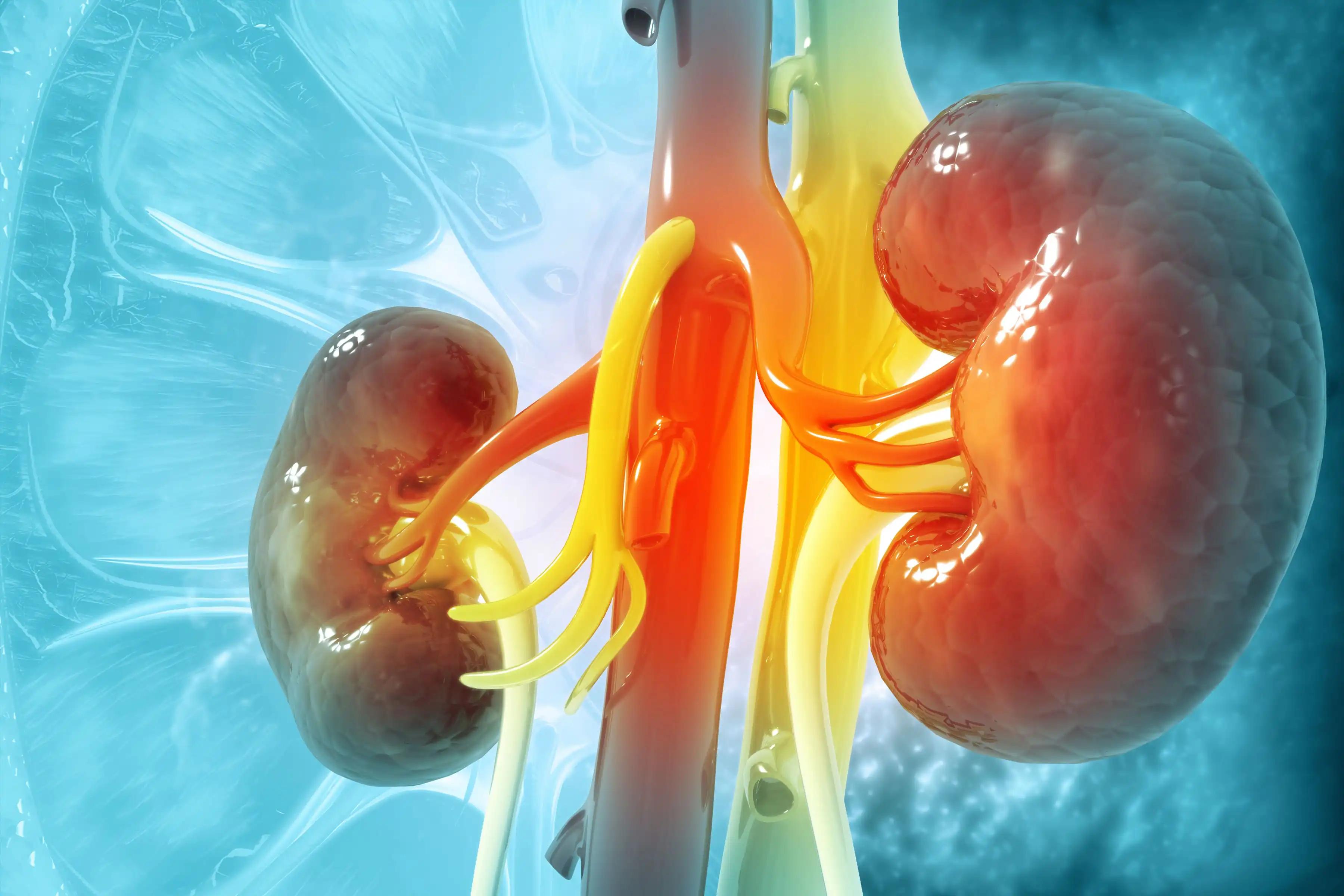KEY TAKEAWAYS
- The CheckMate 9ER phase 3 trial aimed to investigate the AE management strategies for oncology nurses caring for patients receiving cabozantinib + nivolumab in RCC.
- Researchers noticed the critical role of oncology nurses in AE management, enhancing tolerability and treatment continuation.
Tyrosine kinase inhibitor (TKI) plus immune checkpoint inhibitor (ICI) combinations have emerged as pivotal therapies for renal cell carcinoma (RCC). The combination of the TKI cabozantinib with the ICI nivolumab has garnered approval as a first-line (1L) treatment for advanced RCC owing to its demonstrated superiority over sunitinib in terms of overall survival (OS), progression-free survival (PFS), and objective response rate(ORR), as evidenced by the phase 3 CheckMate-9ER study (NCT03141177) and supported by the cabozantinib product label. Given the complexity of managing adverse events (AEs) associated with this regimen, oncology nurses play a critical role in ensuring optimal patient care and treatment outcomes.
Virginia Seery and the team aimed to assess the specific AE management strategies tailored for oncology nurses caring for patients receiving cabozantinib + nivolumab, with the overarching goal of optimizing treatment tolerability and facilitating treatment continuation for patients with advanced RCC.
The management of AEs with cabozantinib plus nivolumab relies on identification of the causative agent, which can be complex given that immune-mediated AEs associated with nivolumab may overlap with cabozantinib AEs (gastrointestinal and dermatologic toxicities, hepatotoxicity, endocrinopathies). AEs observed with cabozantinib plus nivolumab in CheckMate-9ER included diarrhea (64%), hepatotoxicity (44%), palmar-plantar erythrodysesthesia (40%), rash (36%), hypertension (36%), and hypothyroidism (34%). Frequent office visits and laboratory tests are an important part of AE monitoring.
Strategies to manage AEs include prophylaxis, supportive care, dose holds and reductions for cabozantinib, dose holds for nivolumab with immunosuppressive therapy if indicated, and referral to a specialist. Symptomatic therapy is also appropriate for certain AEs, such as adrenal insufficiency. For AEs of unknown etiology, a dose hold of both agents is appropriate. Once the causative agent is identified, dose holds, dose reductions of cabozantinib, immunosuppressive therapy, or treatment discontinuations are appropriate.
Nurses should educate patients about common AEs, develop a communication process with the healthcare team that addresses any potential barriers to care, monitor for signs and symptoms of AEs, implement prophylaxis and supportive care (eg, lotions for skin-related AEs, use of antihypertensives for hypertension, dietary changes for diarrhea), and help oversee dose modification and initiation of immunosuppressive therapy.
The study concluded that oncology nurses play a crucial role in ensuring comprehensive AE management for patients undergoing cabozantinib plus nivolumab treatment for advanced RCC. Their involvement significantly contributes to enhancing treatment tolerability and facilitating patients’ ability to remain on therapy.
The trial was sponsored by Bristol-Myers Squibb.
Source: https://ons.confex.com/ons/2024/meetingapp.cgi/Paper/15378
Clinical Trial: https://clinicaltrials.gov/study/NCT03141177
Seery V, Andresen D, Martone B, et al. (2024). “Management of adverse events associated with cabozantinib plus nivolumab in advanced renal cell carcinoma.” Presented at ONS 2024 (Abstract I37).



